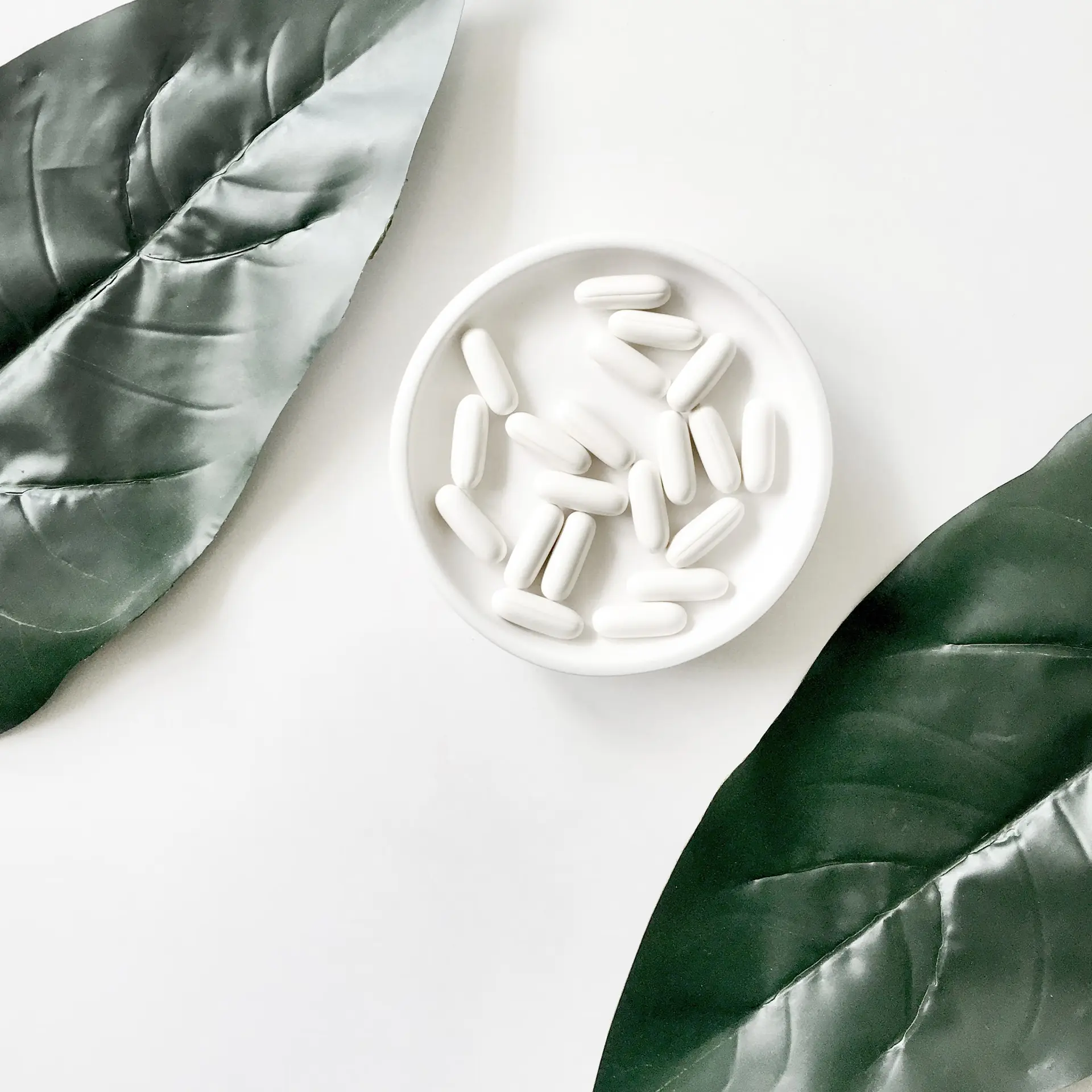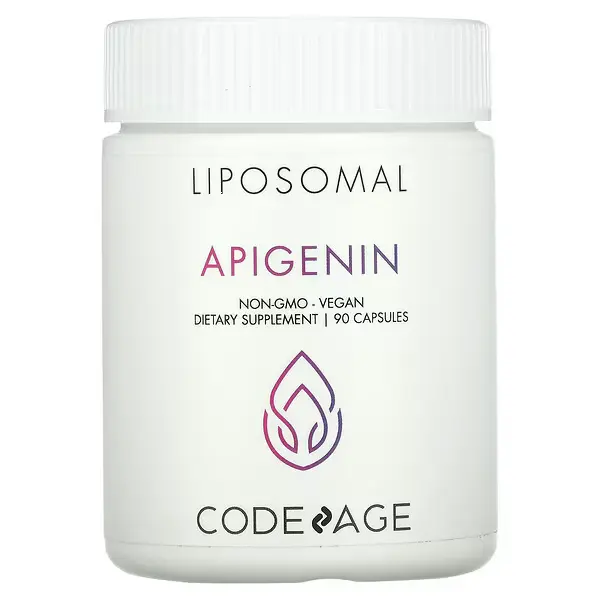Apigenin
What is Apigenin?
Apigenin is a naturally occurring compound found in many plants. The compound is known as a flavonoid. It is a yellow solid which has been used as a dye.
Where does Apigenin come from?
Apigenin is found in a variety of plants, common ones among them; celery, celeriac, chamomile and parsley.[1]
What are the effects of Apigenin?
Apigenin is found in plants which are noteworthy for their supposed health benefits, anticancer, anti-inflammatory and antioxidant effects among them.[2, 3]
Cognitive
- Increased relaxation
- Reduced cognitive decline
- Reduced depression[4]
Physical
- Reduced inflammation
- Increased relaxation
How to use Apigenin?
Apigenin is available as a supplement in capsules or a powdered plant extract. The powdered plant extract may have broader health benefits. It is also found in high concentrations in parsley and chamomile tea. It may be preferable to adjust your diet to contain more fruits or vegetables high in apigenin.
How much Apigenin to use?
When trying out new supplements it is wise to start with a lower dose and–depending on the experienced effects–increase or decrease the dosage accordingly
Most capsules contain between 50 and 100 mg of apigenin. Fresh parsley can contain 214 mg of apigenin per 100 grams. Dried parsley can contain 45 mg per gram.[1] Doses between 2.4 and 8.1 mg / kg of body weight may reduce anxiety. Sedative effects of apigenin may start at higher doses 10 mg+ / kg of body weight.
What are the side effects of Apigenin?
There are no known side effects of apigenin.
Interactions of Apigenin
Most nootropics are relatively safe to use on their own. Combining them with other substances may cause them to suddenly become dangerous or life-threatening.
There are no known interactions of apigenin.
Related articles
References
- [1] Shankar, E., Goel, A., Gupta, K., & Gupta, S. (2017). Plant Flavone Apigenin: an Emerging Anticancer Agent. Current Pharmacology Reports, 3(6), 423–446.
- [2] Münch, G., Venigalla, M., & Gyengesi, E. (2015). Curcumin and Apigenin - novel and promising therapeutics against chronic neuroinflammation in Alzheimer′s disease. Neural Regeneration Research, 10(8), 1181.
- [3] Shukla, S., & Gupta, S. (2010). Apigenin: A Promising Molecule for Cancer Prevention. Pharmaceutical Research, 27(6), 962–978.
- [4] Yi, L. T., Li, J. M., Li, Y. C., Pan, Y., Xu, Q., & Kong, L. D. (2008). Antidepressant-like behavioral and neurochemical effects of the citrus-associated chemical apigenin. Life Sciences, 82(13–14), 741–751.
| Name | Apigenin |
| Effects | Sleep |
| Dosage | 25 ~ 50 mg Low to medium dosage 25 50 100 |

